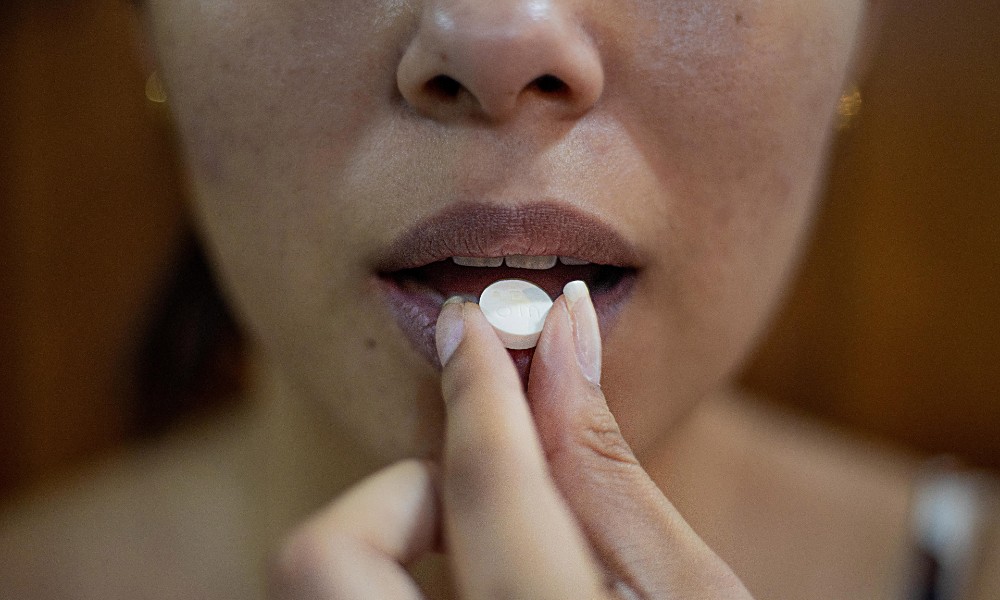
Image Credits: Unsplash
Antimicrobial Resistance: A Global Threat Requiring Immediate Collective Action!
India, 5 March 2022 8:55 AM GMT
Antimicrobial Resistance, if not prevented and managed effectively, can wipe out decades of medical advances threatening the very existence of life.
In the past couple of decades, antimicrobial resistance (AMR) has grown in the shadows and has now come out as a public health emergency. A pandemic staring at us, AMR, can have a devastating impact on everyone. It transpires when viruses, bacteria, fungi, etc., evolve and stop responding to the drugs such as antibiotics, meant to kill them. If not prevented and managed effectively, AMR can wipe out decades of medical advances threatening the very existence of life.
The causes of AMR include antimicrobial misuse or overuse inclusive but not limited to self-medication, prescription sharing, non-compliance with the prescribed treatment; over-the-counter sale of antimicrobials; poor infection prevention and control, etc. India has one of the highest drug-resistant pathogens globally, including the highest numbers of multidrug-resistant tuberculosis and an alarmingly high resistance among Gram-negative and Gram-positive bacteria. More than 50,000 newborns die from sepsis annually due to pathogens resistant to first-line antibiotics. While exact estimates of the effect of AMR in India are not available, neonates and the elderly are the worst affected. In India, over two million deaths are projected to occur due to AMR by 2050.
"People should not self-medicate with antibiotics. They have to consult an expert. If the doctor prescribes you antimicrobials you should ask him which infections are covered. Antibacterial agents do not work against a virus and hence antibacterial drugs should not be used for viral infections," said Dr Parikshit Prayag, an expert on transplant infectious diseases.
In 2015, to analyse and publish drug-resistance data from across the country, the Indian Council of Medical Research (ICMR) initiated the 'Antimicrobial Resistance Surveillance and Research Network'. The compiled data on six pathogenic groups was used to devise and update relevant treatment guidelines. In 2017, the Government of India (GOI) had come up with a National Action Plan to tackle AMR, and in January 2020, the GOI also introduced legislation limiting harmful antibiotic residues from pharmaceutical manufacturing plants.
According to Dr Prayag, "Antimicrobial resistance in one patient has a major societal impact as it interferes with clinical outcomes. This means that there are more morbidity and mortality associated with it, more extended hospital stays, and more cost of health care going up." While AMR has been slow to gain momentum tackling, it has become the need of the hour. Despite adopting a national policy and significant activities already underway, progress is limited by a lack of clear implementation strategy and research gaps. India requires substantial efforts from all stakeholders involved and a complete analysis of proposed interventions like having sustained- good IPC measures, appropriate antimicrobial use and development of and access to new anti-infective therapy is necessary.
Collective action is needed to combat AMR and prevent the inappropriate use of antimicrobials. V Care Foundation, a patient-focused organisation dedicated to providing support to cancer warriors and caregivers, has initiated a campaign on creating awareness about Antimicrobial Resistance across India. A recent webinar conducted by V Care led by a panel of experts in cancer treatment gives an insight on "How to prevent infection and antimicrobial resistance in cancer patients" and much more. The Logical Indian Team lauds the efforts of the V Care Foundation in addressing and bringing attention to a global health concern that affects millions.
This article is the second part of the series of two articles. Click here to read the first article.
 All section
All section













